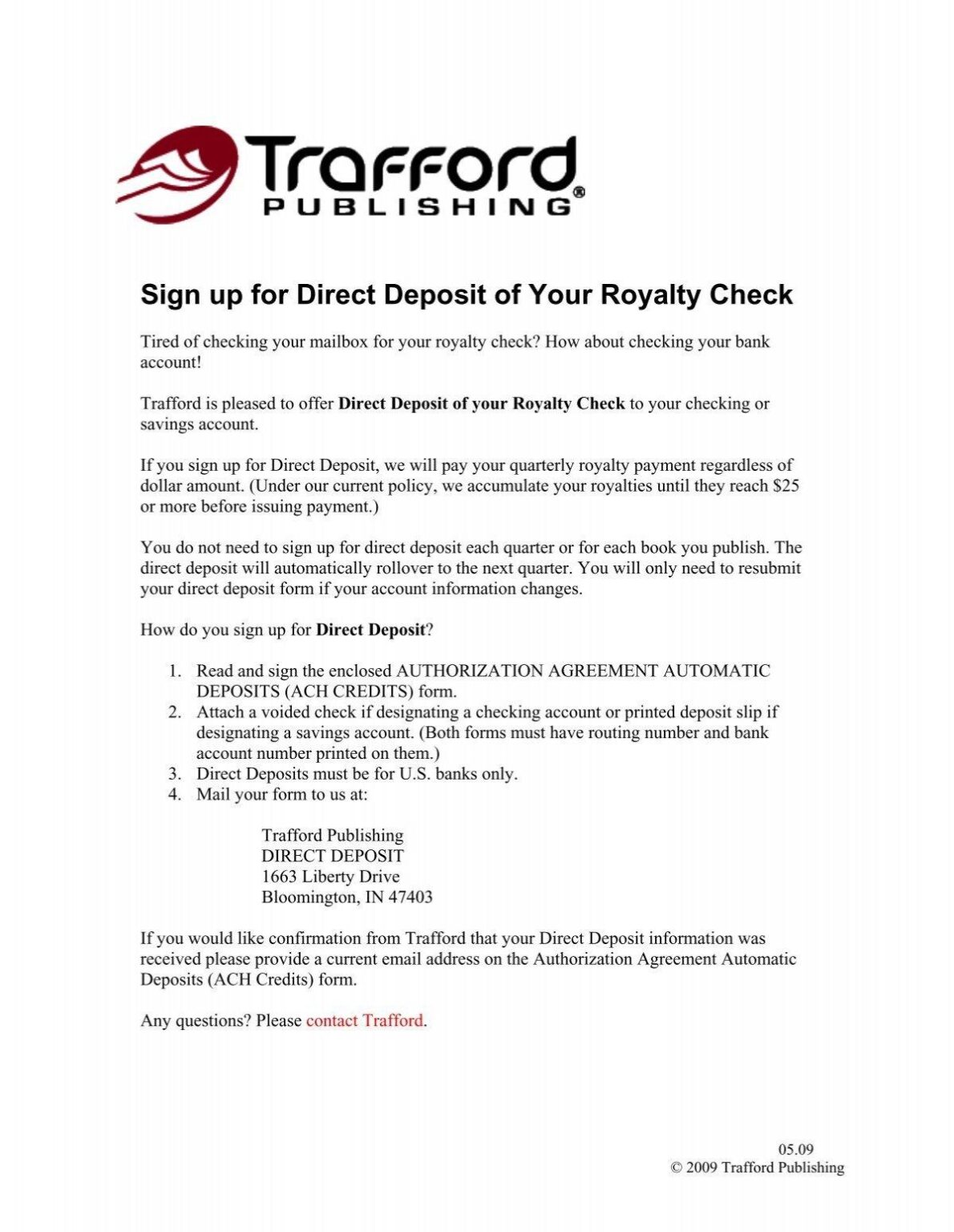Algeria and Mauritania’s Defense Partnership Boosts Regional Security
In a pivotal development aimed at enhancing regional security, Algeria and Mauritania have established a formal defense cooperation agreement. This initiative is designed to strengthen military collaboration between the two nations as they confront mutual security threats, particularly in light of rising concerns over terrorism and instability in the Sahel region. The agreement was finalized during a high-level meeting involving defense officials from both countries, highlighting their commitment to fostering closer ties through joint military training, intelligence sharing, and improved border security measures. As geopolitical dynamics shift, this partnership could be instrumental in promoting stability within a region facing numerous challenges.
Key Areas of Cooperation in the Defense Agreement
The newly signed defense cooperation pact is expected to enhance military collaboration significantly while addressing pressing security issues such as terrorism and cross-border crime.This partnership aligns with broader initiatives by organizations like the African Union and the Arab Maghreb Union that aim to foster peace across North Africa. The agreement outlines several critical areas for cooperation:
- Collaborative Military Drills: Regular exercises designed to boost operational readiness.
- Intelligence Exchange: Improved data sharing mechanisms for preemptive threat management.
- Counter-Terrorism Strategies: Joint efforts focused on combating extremist factions.
The ramifications of this agreement extend beyond immediate military benefits; it positions both Algeria and Mauritania as proactive players on the global stage regarding defense strategies. Analysts believe that this collaboration may lead to new alliances within the Sahel region, creating a consolidated front against shared adversities. Below is an overview of key highlights from the agreement:
| Main Cooperation Areas | Description |
|---|---|
| Military Training Initiatives | Cohesive exercises aimed at enhancing combat readiness. |
| Intelligence Collaboration | A framework for shared information exchange. |
Impact on North African Security and Stability
The recent bilateral defense pact between Algeria and Mauritania carries notable implications for North Africa’s security landscape. It reflects an increasing awareness among these nations about the necessity of collaborative approaches in tackling common threats such as terrorism, transnational crime, and regional unrest. By fortifying their military connections, both countries aim not only to enhance their operational capabilities but also facilitate intelligence sharing while improving border controls against illicit activities that threaten regional tranquility.
This deepening partnership brings forth several potential outcomes for regional stability:
- Enhanced Military Preparedness: Increased joint training can improve responsiveness to emerging threats faced by both nations.
- A Deterrent Effect:A unified defensive stance may discourage potential aggressors while contributing positively towards overall regional stability.
- Catalyst for Regional Alliances: strong>This accord could inspire similar collaborations among neighboring states leading towards collective security frameworks across North Africa.
- Efficient Resource Management: Shared resources can enable better allocation of military budgets allowing focus on essential defense requirements.
| Advantages of Defense Cooperation Agreement th > tr > | |||||
|---|---|---|---|---|---|
| Improved intelligence exchange td > tr > | |||||
| Collaborative training programs td > tr > | |||||
| Strengthened border control measures td > tr > | |||||
| Optimized resource distribution / t d > tr > tbody > table > Strategic Recommendations for Enhanced Military CollaborationThe establishment of this bilateral defense cooperation framework signifies an vital advancement toward improved military synergy within North Africa’s context .This initiative serves not only as a tactical response but also lays groundwork necessary for effective joint operations ,intelligence dissemination ,and resource management .To maximize its impact ,both parties should prioritize these strategic areas : p >
|

